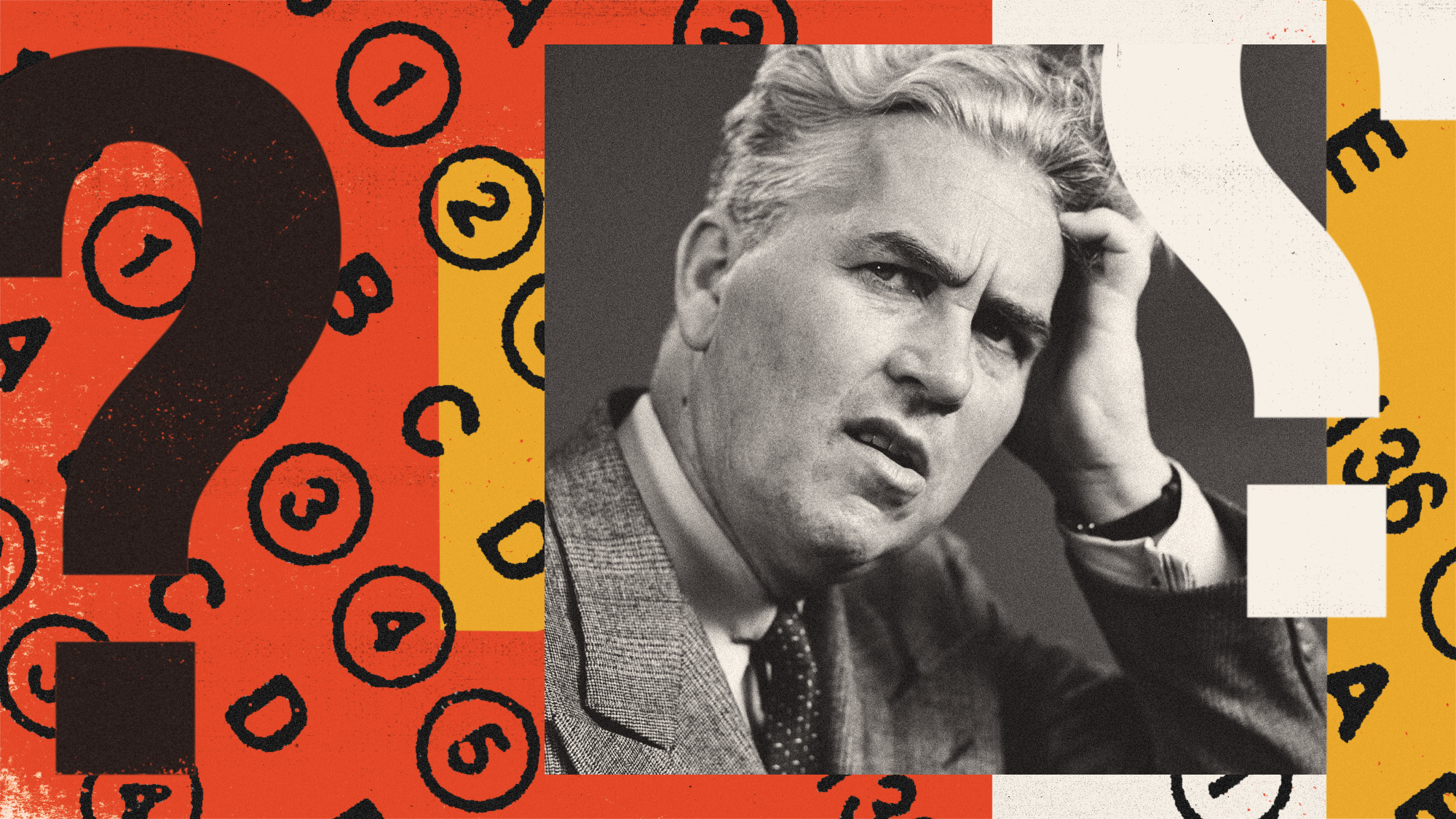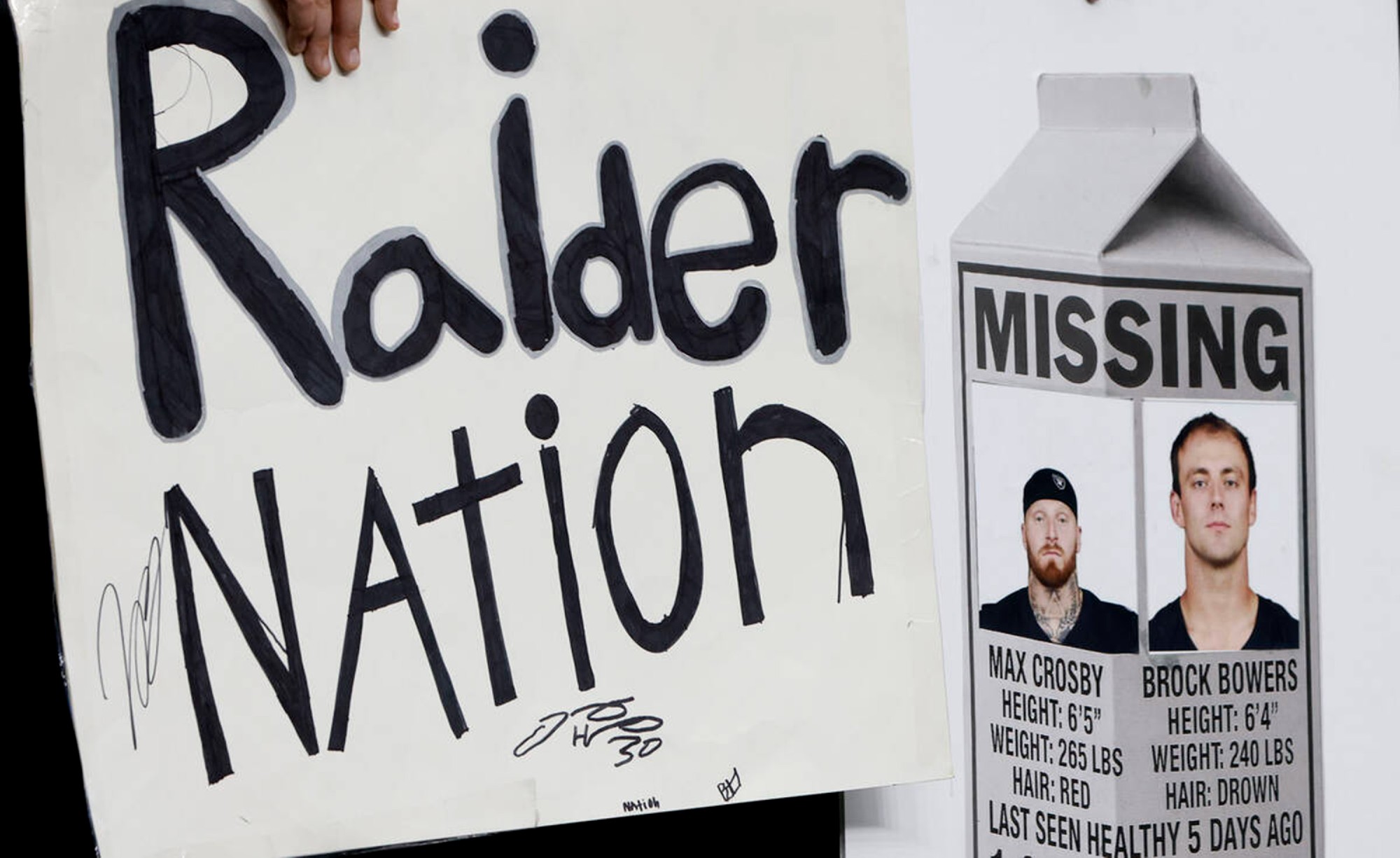Meet Edward Snowden, the improbable NSA leaker
The 29-year-old IT contractor has come out as the source of last week's big leaks. Here's what we know about him


Last week, after The Guardian and The Washington Post broke several big stories about government surveillance at the National Security Agency, Washington was abuzz with rumors that the leaker or leakers must have been high-level employees in America's spy infrastructure.
Nope.
On Sunday, the leaker outed himself, via The Guardian and a video interview (watch above), as Edward Snowden, "a relatively low-level employee of a giant government contractor, Booz Allen Hamilton," says The New York Times. According to The Guardian's profile, Snowden worked his way up from NSA security guard to CIA computer-security technician to a private computer-systems administrator working at the NSA.
The Week
Escape your echo chamber. Get the facts behind the news, plus analysis from multiple perspectives.

Sign up for The Week's Free Newsletters
From our morning news briefing to a weekly Good News Newsletter, get the best of The Week delivered directly to your inbox.
From our morning news briefing to a weekly Good News Newsletter, get the best of The Week delivered directly to your inbox.
Booz Allen — which The Times notes "has won billions of dollars in secret government contracts over the past decade, partly by aggressively marketing itself as the premier protector of America's classified computer infrastructure" — tersely acknowledged that Snowden "has been an employee of our firm for less than 3 months."
If that seems like a very short time to find and copy sensitive national security secrets, The Guardian adds some context: "Snowden has been working at the National Security Agency for the last four years as an employee of various outside contractors, including Booz Allen and Dell."
Snowden's path to being the source for what The Guardian modestly calls its "series of blockbuster news stories" on the "most significant leaks in U.S. political history" started in 2003, when the high school dropout joined the Army. Snowden says he became disenchanted with the Army because the trainers "seemed pumped up about killing Arabs, not helping anyone," he tells The Guardian. He was discharged when he broke both legs while training to join the Special Forces (minimum requirement, incidentally: A high school diploma).
After the Army, Snowden reportedly worked his way up the CIA's IT security ranks, before quitting in 2009 after once again becoming disillusioned. "I realized that I was part of something that was doing far more harm than good," he tells The Guardian. After four years working at the NSA, he says, he decided to give up his comfortable life at an NSA station in Hawaii, his girlfriend, and his family to expose what he viewed as an unconscionable infringement on privacy. He flew to Hong Kong on May 20, he says, and holed up in a hotel room at least until the video was made on June 6.
A free daily email with the biggest news stories of the day – and the best features from TheWeek.com
That's the rough outline of Snowden's story, as related by The Guardian's Glenn Greenwald and colleagues. And it gets some support from Barton Gellman at The Washington Post, who wrote his newspaper's story on the NSA's PRISM program. Snowden had code names for himself ("Verax") and Gellman ("BRASSBANNER"), and had some conditions for leaking his trove of secrets, Gellman says:
Snowden asked for a guarantee that The Washington Post would publish — within 72 hours — the full text of a PowerPoint presentation describing PRISM.... I told him we would not make any guarantee about what we published or when..... (The Post sought the views of government officials about the potential harm to national security prior to publication and decided to reproduce only four of the 41 slides.) Snowden replied succinctly, "I regret that we weren't able to keep this project unilateral." Shortly afterward he made contact with Glenn Greenwald of the British newspaper the Guardian....
We continued our correspondence. He was capable of melodrama but wrote with some eloquence about his beliefs. In an email on May 24, he dropped a bombshell. Whistleblowers before him, he said, had been destroyed by the experience. Snowden wanted "to embolden others to step forward," he wrote, by showing that "they can win." He therefore planned to apply for asylum in Iceland or some other country "with strong internet and press freedoms," although "the strength of the reaction will determine how choosy I can be." [Washington Post]
Snowden's choice of Hong Kong as the base to seek asylum — and his timing for revealing himself, as President Obama was hosting President Xi Jinping to discuss, among other things, China's cyber attacks on the U.S. — has provoked its own spirited discussion. And his explanation — he told The Guardian he picked Hong Kong because "they have a spirited commitment to free speech and the right of political dissent" — just muddies the water.
"I'm glad we have this information" from Snowden, says James Fallows at The Atlantic, but "I am sorry we are getting it from Hong Kong."
Hong Kong is not a sovereign country. It is part of China — a country that by the libertarian standards Edward Snowden says he cares about is worse, not better, than the United States. China has even more surveillance of its citizens (it has gone very far toward ensuring that it knows the real identity of everyone using the internet); its press is thoroughly government-controlled; it has no legal theory of protection for free speech; and it doesn't even have national elections. Hong Kong lives a time-limited separate existence, under the "one country, two systems" principle, but in a pinch, it is part of China.
I don't know all the choices Snowden had about his place of refuge. Maybe he thought this was his only real option. But if Snowden thinks, as some of his comments seem to suggest, that he has found a bastion of freer speech, then he is ill-informed; and if he knowingly chose to make his case from China he is playing a more complicated game. [Atlantic]
That complicated game option includes suspicions that Snowden is a Chinese double agent, or a useful idiot about to be pumped for information. Either of those is theoretically possible, as is the idea, voiced by House Intelligence Committee Chairman Mike Rogers (R-Mich.) that a low-level IT guy like Snowden doesn't really know what he's talking about:
And that's perhaps the sleeper issue here, says Farhad Manjoo at Slate. "Edward Snowden sounds like a thoughtful, patriotic young man, and I'm sure glad he blew the whistle on the NSA's surveillance programs," Manjoo says:
But the more I learned about him this afternoon, the angrier I became. Wait, him? The NSA trusted its most sensitive documents to this guy?... Let's note what Snowden is not: He isn't a seasoned FBI or CIA investigator. He isn't a State Department analyst. He's not an attorney with a specialty in national security or privacy law. Instead, he's the IT guy, and not a very accomplished, experienced one at that.... The scandal isn't just that the government is spying on us. It's also that it's giving guys like Snowden keys to the spying program. [Slate]
Peter has worked as a news and culture writer and editor at The Week since the site's launch in 2008. He covers politics, world affairs, religion and cultural currents. His journalism career began as a copy editor at a financial newswire and has included editorial positions at The New York Times Magazine, Facts on File, and Oregon State University.
-
 The Week’s big New Year’s Day quiz 2026
The Week’s big New Year’s Day quiz 2026Quiz of the Year How much do you remember about 2025’s headlines? Put yourself to the test with our bumper quiz of the year
-
 Is tanking ruining sports?
Is tanking ruining sports?Today's Big Question The NBA and the NFL want teams to compete to win. What happens if they decide not to?
-
 ‘Netflix needs to not just swallow HBO but also emulate it’
‘Netflix needs to not just swallow HBO but also emulate it’instant opinion Opinion, comment and editorials of the day
